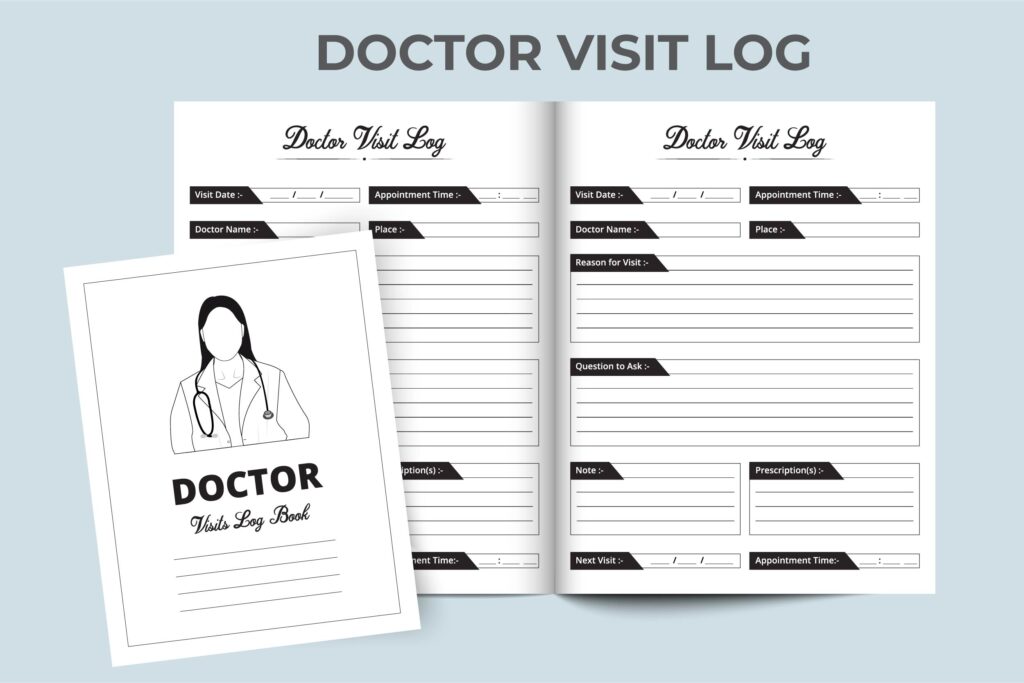Now live! RTHM Direct – simplified medication access for Long COVID, ME/CFS and related conditions. Check it out
As the COVID pandemic began, the focus was on avoiding infection and spreading the virus to those most at risk. Despite following the guidelines, you contracted COVID and, whether you had an asymptomatic, mild, or even severe case, you may have felt that you recovered – at first. It may have been weeks or months later that unexplained symptoms, such as fatigue, brain fog, or shortness of breath began to surface, leaving you unable to perform your normal daily activities.
This post-COVID sequelae, known as Long COVID, is affecting an estimated 23 million Americans, so you are not alone. Unfortunately, medical care for those with Long COVID has left much to be desired. It may seem like you’ve assumed the role of clinician, researcher, and patient! While you shouldn’t have to go it alone, continuing to take an active role in your healthcare in a chronic complex disease like Long COVID is vital. Only you will be most familiar with your own body, your symptoms, and the way your disease changes over time.
Medical Gaslighting and Long COVID
While viral-associated illness is no surprise to those physicians and researchers who focus on viral-associated complications, such as the team at RTHM, the idea of people not recovering from COVID-19 as others have may be a new concept to general physicians. This is especially true when standard tests come back normal. Unfortunately, many Long COVID patients often hear that there is nothing wrong, the symptoms are “in their head,” they are suffering from anxiety or extreme stress, or, in the case of women, suffering from hysteria.
Unfortunately, medical gaslighting is nothing new and it is often seen with people suffering from medical conditions and syndromes that are poorly understood and/or under-researched. Because Long COVID is a new condition, this only seems to make matters worse. In addition, people with Long COVID often meet diagnostic criteria for other, often viral-associated, poorly understood conditions, such as ME/CFS or POTS.
While medical gaslighting does occur, Long COVID is not in your head! The good news is there are things you can do to help ensure you are receiving the treatment you need.
Learn as Much as You Can and Become a MEMBER of Your Medical Team
Whether you have a known chronic condition or a newly discovered condition, such as Long COVID, becoming an active member of your medical team not only helps ensure you understand your condition but also that you receive treatments that will offer the most benefits. In the case of Long COVID, this is especially important given that we are learning more and more about this condition every day.
Twitter user Shaney Wright explains:
#LongCovid sufferers have the most to gain/lose when it comes to LC research. Our lives, careers, futures, dreams & hopes rest squarely on it producing something significant. That’s why we’re so invested in it; so very vocal about it. Because research can save us or condemn us.
But how can you truly make a difference in your health care? How do you become an active member of your medical team?
Track Your Activities and Symptoms
With Long COVID, brain fog and cognitive complications can often make it difficult to remember what may trigger symptoms or even what symptoms you may have experienced between doctor’s appointments. It’s important to keep a log or journal of your daily activities and the Long COVID symptoms you are experiencing. While this can help you identify potential symptom triggers, it can also be a valuable tool for your medical team. When you attend an appointment with your doctor, this log can provide a clear picture of what you are doing, the symptoms you are experiencing, and allow you and your healthcare provider to hypothesize how they connect. It can also show positive or negative responses to treatments and highlight new symptoms.

Linda Ruescher, master trainer for Stanford University’s Chronic Disease Self-Management Program, explains, “Unlike acute conditions such as appendicitis or a broken bone in which the doctor is in control, orders treatment, and the patient is restored to health, chronic diseases require a different management strategy. In chronic disease, the doctor and patient are partners. The more engaged the patient is in the day-to-day management of the disease, the better the outcome.”
Follow Long COVID Research and Make Connections
Patients around the world coined the terms “Long COVID,” “Long-haul COVID,” and “long haulers.” While no one had answers at the time, these patients came together to discuss their symptoms and push for research. Through online support groups, such as Body Politic, those with Long COVID came together, prompted numerous studies, and continue to learn about what is causing Long COVID, potential treatment options, and how to live with these new symptoms.
In today’s world, we now have access to a library of studies and developing research on Long COVID. In some cases, you may find information before your physicians have the opportunity to hear it. Following Long COVID research through reputable sources allows you to learn more about your symptoms, potential medical testing, and potential treatment options that you can discuss with your medical care team.
Ask Questions

Do not be afraid to ask questions during your medical appointments. If you struggle to remember questions you want to ask, consider adding a page to your medical log or journal where you can list questions. If you suffer from brain fog, write down the answers you receive or bring along a friend or family member who can take notes for you.
Do Not Be Afraid to Ask for Tests
Not all physicians are aware of the tests possible for Long COVID and the common comorbidities, such as ME/CFS or POTS. Many providers may not know what these conditions are. If, through your research, you find promising tests or treatment options, do not be afraid to show this information to your medical team and ask if they can perform these diagnostic tests.
Do Not Hesitate to Change Doctors if You Feel Neglected
If you believe you are being gaslit by your medical team, do not hesitate to change medical providers. With Long COVID, you need a team of medical professionals who are willing to listen to you, explore your symptoms, test for potential conditions, and offer available treatment options. You deserve the best medical care you can receive and there are physicians out there that have a better understanding of Long COVID and can provide quality care.
Turn to the Team at RTHM
The team at RTHM is built by physicians and researchers who specialize in viral-associated conditions, giving them a better understanding of Long COVID. But it is more than that. The founders of RTHM have their own viral-associated illness experiences and understand how difficult it can be. While no one has all the answers when it comes to Long COVID, the team at RTHM is not only working to provide relief to those fighting a Long COVID battle but also looking for new interventions for Long COVID all the time.
To learn more about how RTHM can help you on your Long COVID journey, contact us today.

Get updates
Join our mailing list



